Pregnant women do need to eat more food than usual during pregnancy to gain a healthy amount of weight to support the baby’s growth and development. However, the saying that “you’re now eating for two!” is not true.
If you were to eat twice as much food as your body needs, you would gain far more than the amount needed for a healthy mom and baby.
Your baby is not a full-size adult human being. Therefore, you don’t need to be feeding the baby as if he or she is one. Think about it: your baby’s stomach is about the size of a cherry when they are first born, so the amount you really need to eat is for 1 and a fraction.
How Weight Gain During Pregnancy is Normal?
The general recommendation for how much more a pregnant woman needs to eat is around 15% more than her pre-pregnancy calorie level. For a 2,000 calorie diet, this is around 300 extra calories.
If you are worried about gaining fat during pregnancy, you should know that by keeping your diet healthy and within the proper amount for your size, most of the weight that you’ll gain will NOT be fat storage. Only a small percentage of pregnancy weight gain should be from body fat.
Here’s the breakdown of precisely where all that pregnancy weight comes from:
- About 11-17 lbs is from the baby’s weight, swollen breasts, your placenta, increased uterus size, and amniotic fluids.
- About 14-18 lbs comes from mom’s increased blood volume, fat stores, and fluid retention.
This explains why it’s normal and healthy for average sized moms to gain about 25-35 lbs during pregnancy. [1] It also explains why moms usually lose a good amount of weight within the first week post-delivery. [2]
A good portion of your weight is lost during delivery (from the baby and fluids lost), and another large chunk is lost over the course of the 6-week to 6-month recovery period as your blood continues to drain and your uterus shrinks back to its pre-pregnancy size. [3]
Too much pregnancy weight gain can cause complications during childbirth and can even increase the risk for a Cesarean section. [4] Too little weight gained may be a sign of undernourishment, which can cause problems with fetal development and increase the risk for your baby to be born too early (preterm delivery). [5] [tweet_quote] Too much pregnancy weight gain can cause complications during childbirth.[/tweet_quote]
If you are carrying twins or multiples, you will of course need to gain more weight and should discuss this with your care provider.
Although your care provider can help guide you as to how much weight you should gain, it’s really up to you to take action and control the rate at which you gain. A slower and steadier rate of gain is much healthier for mom and baby than a rapid weight gain.
Make sure you’re eating enough throughout your pregnancy—but not too much.
Gaining Pregnancy Weight the Healthy Way
You should choose the healthiest food sources you can. Keep in mind that every nutrient you eat is going directly to the nourishment of your growing baby. It’s very easy to be tempted by junk foods now that you know you need to eat more food, but junk foods are just as unhealthy during pregnancy as they are at any stage in life. During pregnancy, you’ll want to focus on whole natural sourced foods, cook your own meals as much as possible, and avoid sugary drinks.
The Institute of Medicine recommends that overweight or obese women gain less weight during pregnancy than underweight or normal weight women. [6] It’s also recommended that overweight and obese women lose weight and establish a healthy BMI before getting pregnant. [7] By establishing a healthy, pre-pregnancy weight before getting pregnant, you’re setting yourself and the baby up for the least complicated birth possible. [8] [tweet_quote] If you’re overweight, try to get down to a healthy BMI before getting pregnant.[/tweet_quote]
Being overweight before pregnancy increases the chances of pregnancy complications. [9] Gestational diabetes and high blood pressure are very common among overweight pregnant women.
High blood pressure and diabetes are both preventable and treatable. By becoming more active and eating a healthy balanced diet, you can avoid these types of pregnancy complications.
As long as you are engaging in some light daily activity, such as walking, swimming, or riding a bike, and nourishing your growing body with healthy foods, such as vegetables, fruits, meats, and nuts, you should have no problem gaining a healthy amount of weight and avoiding many of the common pregnancy complications and discomforts.
Some great Paleo snack options for pregnant women include:
- Sweet Potatoes: Try chopping them into French fry shapes and baking with a light coat of coconut oil. You can also make sweet potato “toast” topped with almond butter and sliced bananas.
- Smoothies: One of my favorites is a green piña colada (blend ½ cup canned coconut milk with ½ cup water, a handful of spinach, ½ cup frozen pineapple, and 3-4 ice cubes
- Bone Broths
- Stuffed avocados with fresh veggies
Pregnancy Weight Gain by Trimester
During the first trimester of pregnancy, not much weight gain is expected. The baby starts off so small that it’s almost undetectable for the first 15 or so weeks. Mom should continue eating and exercising basically as normal, adding one extra snack per day and taking her exercise intensity down.
Many women struggle with morning sickness and will not gain any weight at all during the first 3 months. If you don’t see the scale move at all, don’t worry: it’s normal for the weight gain to not happen right away.
Once you enter the second and third trimesters, steady, slow weight gain is important. If you do not see pregnancy weight gain during this time, you may want to discuss it with your doctor.
During your third trimester, right towards the very end, when you’re around 38 weeks, you may notice a slight drop in your weight. I lost about 4 lbs in my 38th week and ended up delivering right at the 40-week mark. They say a slight weight loss is a sign labor is near.
Pregnancy is such a special time and it’s important that you enjoy the bond between you and the baby. Don’t stress about the numbers on the scale. The purpose of this article is to inform you and help give you peace of mind about what’s normal and what’s recommended during pregnancy. If your pregnancy turns out different than “normal,” then embrace it for what it is. Knowing that you did the best possible job you could of creating a healthy home for your baby is the greatest sense of satisfaction.
Congratulations on your pregnancy, and I wish you the best experience possible!
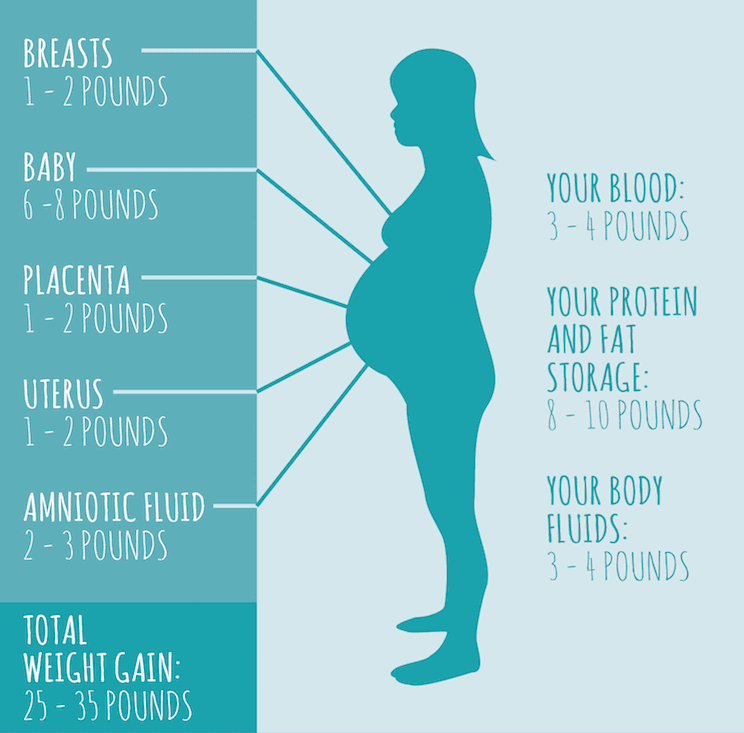


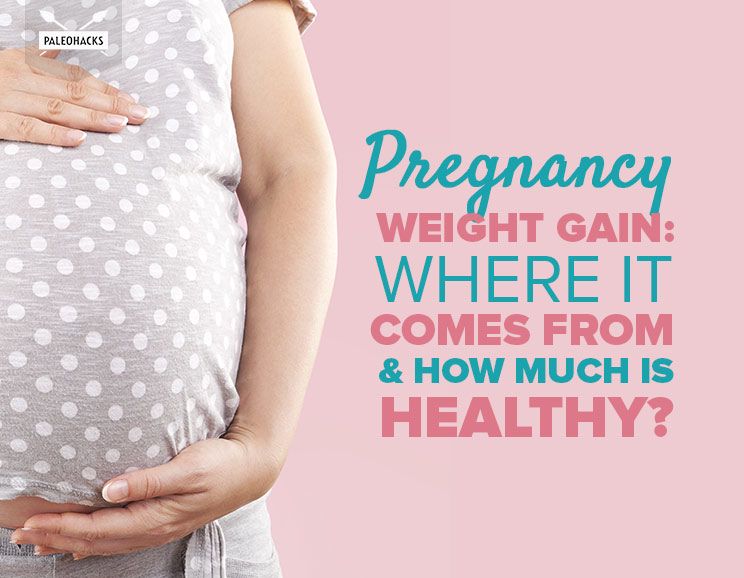
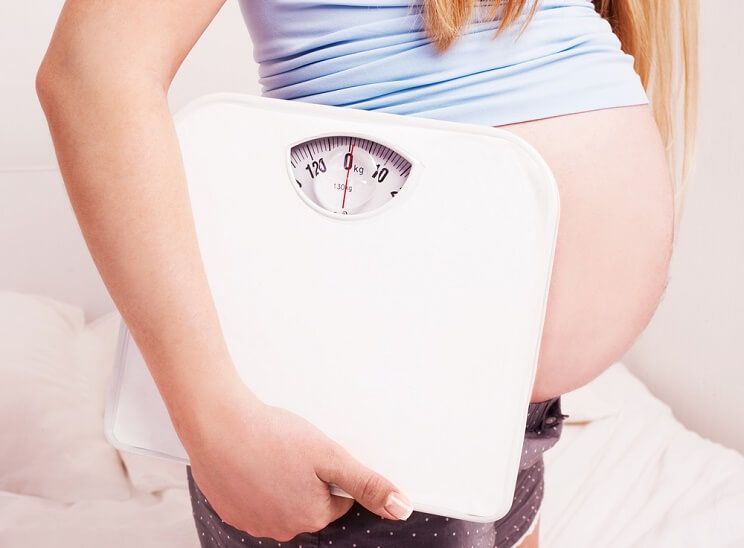
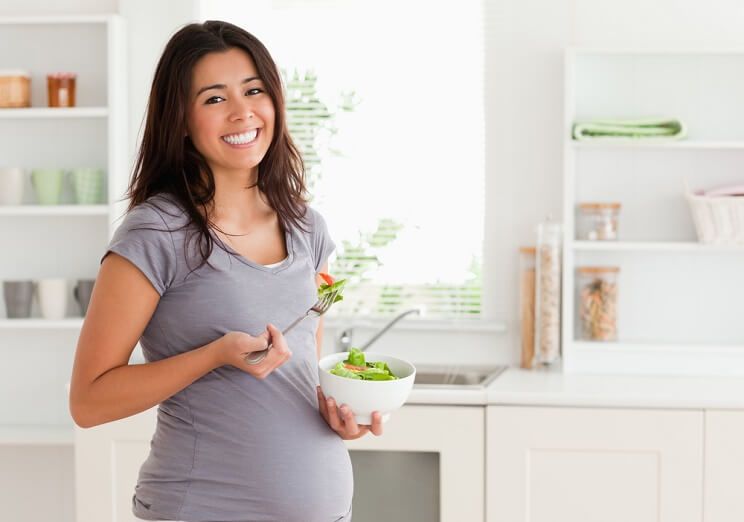

 19 Paleo Sangria Recipes
19 Paleo Sangria Recipes
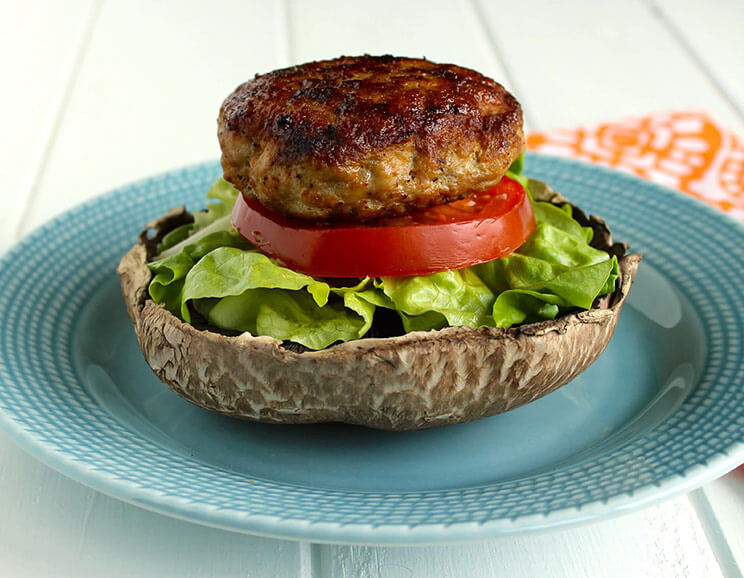






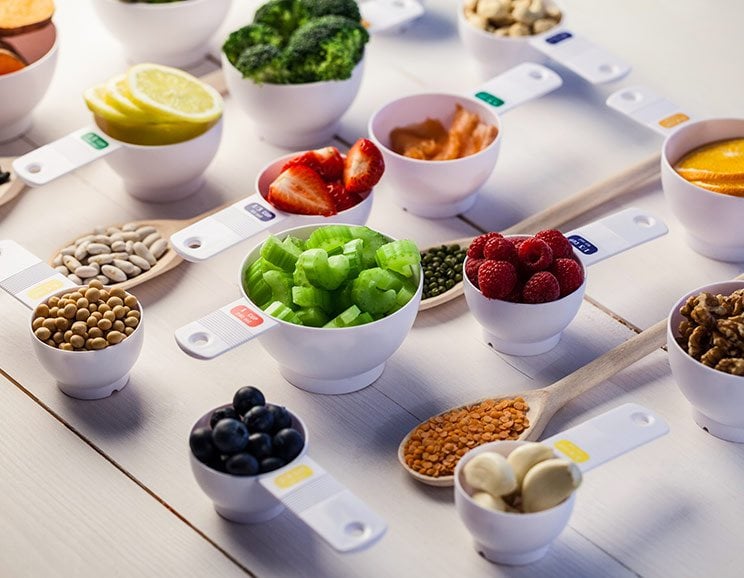
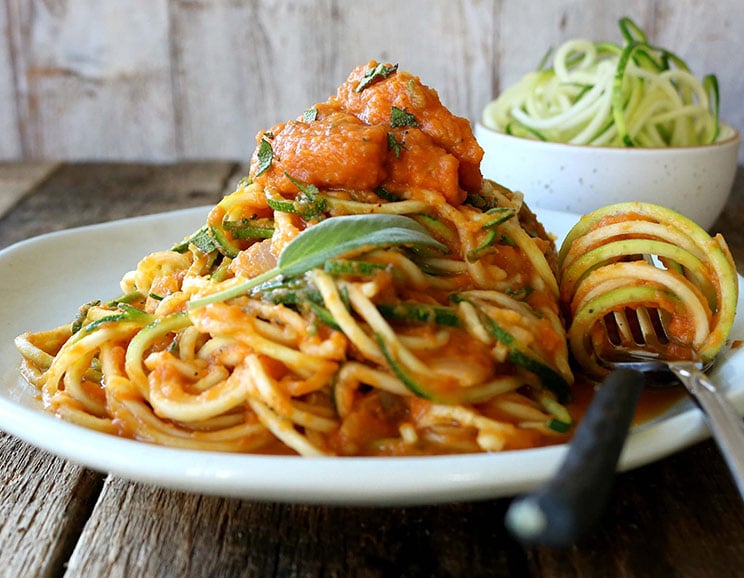
Show Comments